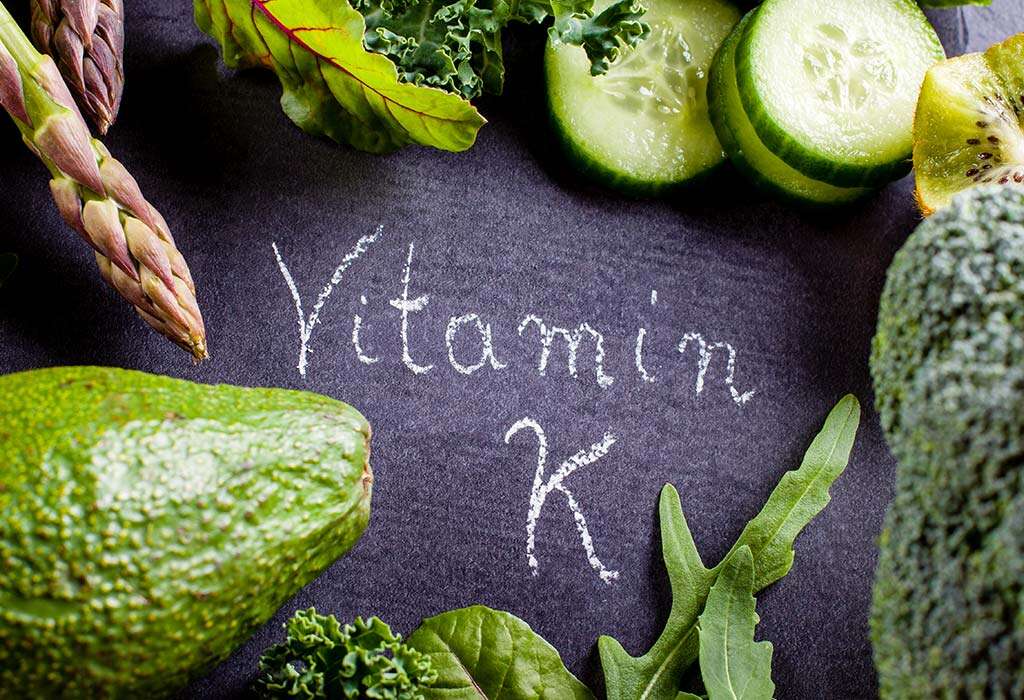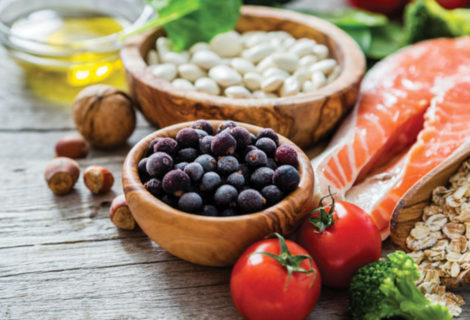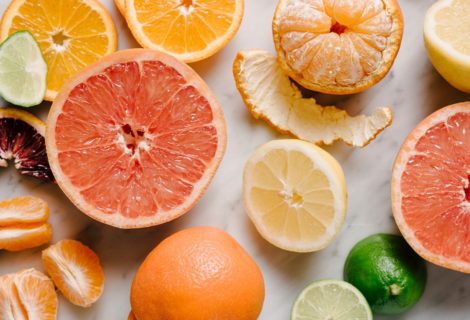Which fruits and vegetables contain vitamin k
Welcome to the topic “Which fruits and vegetables contain vitamin k.”
Vitamin K is a critical component for blood clotting, bone, and heart health and is required for normal growth and development. While vitamin K insufficiency is extremely rare, a diet that is less than optimum in terms of vitamin K intake might have negative consequences for your health over time. Inadequate intake may result in bleeding, bone deterioration, and an increased chance of developing heart disease, among other complications.
As a result, you should be certain that you are getting all of the vitamin K that your body requires. In most individuals, a daily value (DV) of 120 mcg should be sufficient to avoid deficiency. For people on medications, knowing which foods have high levels of vitamin K is the best approach to avoid them. We will walk you through this article and provide a list of fruits and vegetables containing high levels of vitamin K.
Apples
A common saying is, “an apple a day keeps the doctor away.” This is true in many cases. Although you may be aware that apples are beneficial to your health, you may be interested as to what it is about apples that makes them so beneficial. Apples, which are frequently listed among the healthiest foods, are well-known for providing a variety of essential nutritional advantages.
Apple is not a meal that contains a lot of vitamin K, but because the body absorbs nutrients from apples rapidly, it is a food that can give a quick burst of vitamin K when absorbed. Furthermore, apples have a high concentration of antioxidants and flavonoids, which reduce the risk of acquiring cancer, hypertension, diabetes, and cardiovascular disease.

Which fruits and vegetables contain vitamin k
Avocado
Avocados are extremely beneficial to your health. Despite the fact that they contain a lot of calories and are rich in fat, one thing is for sure that the monounsaturated fats in them are extremely beneficial to your health. They do, however, contain a modest quantity of Vitamin K. Avocados provide 21 micrograms of Vitamin K per 100 grams of sliced fruit. A decent quantity of Vitamin K is contained within this serving.
Fruits are a good source of vitamin K, even though dark leafy greens and green vegetables are the most common sources. Avocado is one of the fruits that contain the highest concentration of vitamin K. Despite the fact that this fruit contains a significant quantity of vitamin K, the amount differs from avocado to avocado. Even more, variation exists in the vitamin K concentration of guacamole.
Spinach
The chlorophyll that gives green leafy vegetables their green color also includes vitamin K, which means that every green leafy vegetable has significant amounts of this vitamin. Cooked spinach has more vitamin K per 1/2-cup serving than raw spinach because cooked spinach takes up less space than raw spinach, allowing for more to be packed into the same amount of area as raw spinach.
The vitamin K content of cooked spinach is 444.2 micrograms for every half cup, but the vitamin K content of raw spinach is just 72.4 micrograms for every half cup. Given that the daily recommended requirement of vitamin K is 80 micrograms, this very tiny serving of spinach offers either 555 percent or 91 percent of the daily recommended intake, depending on whether you eat your spinach cooked or raw.
Kale
Kale is a dark leafy green that is extremely high in vitamin K. It is regarded as one of the superfoods. With good reason, because it is also high in calcium, potassium, and folate, as well as a variety of other nutrients and vitamins. It is one of the most nutrient-dense meals available per calorie. Because it is low in calories, fat, and carbs, it is a popular source of vitamins and minerals for those following a variety of different diets.
Kale has a rich concentration of vitamin K in its leaves and is sometimes known as the clotting vitamin since it is necessary for blood to clot correctly. If you are on blood-thinning or anticoagulant medications, you should avoid consuming excessive amounts of kale to avoid bleeding. A cup of kale has more than 1,000 percent of the recommended daily intake of vitamin K (half a cup contains 531 micrograms), which may cause your medications to become ineffective.
Sauerkraut
Sauerkraut is a raw cabbage that’s fermented. The fermenting process gives it a delicious flavor and allows it to have a longer shelf-life. It is one of the uncommon foods that have high quantities of both vitamin K1 and vitamin K2 due to the fact that sauerkraut is a fermented vegetable. One cup of drained sauerkraut contains 18.5 mcg of vitamin K, according to the USDA. Based on a 2,000-calorie-per-day diet, this corresponds to 23 percent of the total daily recommended intake.
One cup of sauerkraut eaten without draining the excess liquid contains 135 milligrams. In addition, sauerkraut helps to build stronger bones, improve the immune system, and improve the health of the intestines. Sauerkraut is most commonly associated with hot dogs and sausages, so savor these meals in the knowledge that they are really healthy and delicious.
The Bottom Line
Considering vitamin K is linked to heart health, bone strength, and other health advantages, it is advised to consume meals high in this vitamin. Combine vitamin K sources with healthy fats for optimal absorption. Getting enough vitamin K-1 and K-2 in your diet is critical for good overall health, and some foods make it simple to meet the daily requirements. It is not necessary to incorporate every fruit and vegetable containing vitamin K.
Dark leafy greens are one of the best sources of vitamin K in the diet. Overall, vitamin K provides a variety of health advantages for the human body, and because it is found in many foods, it is simple to include it in your diet. The essential thing is to maintain daily vitamin K levels. The information provided above is a good starting point for determining which fruits and vegetables contain vitamin K to satisfy your daily requirements.
Have any questions regarding the topic Which fruits and vegetables contain vitamin k? Feel Free to comment below.
Also Read: Banana Nutrition Facts And Health Benefits






